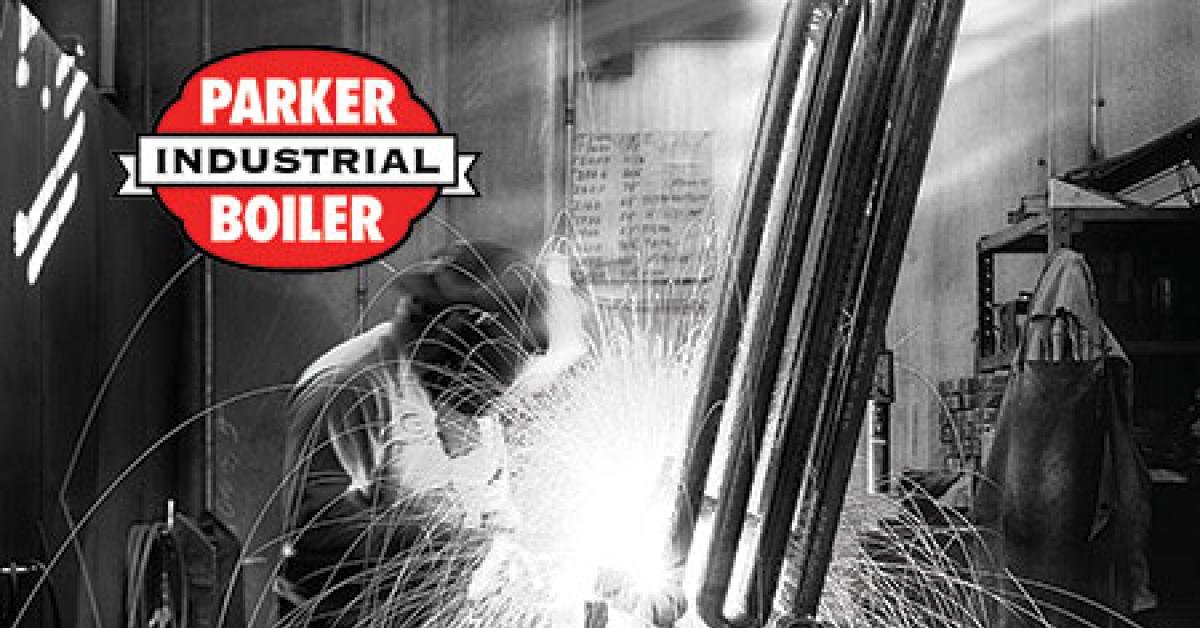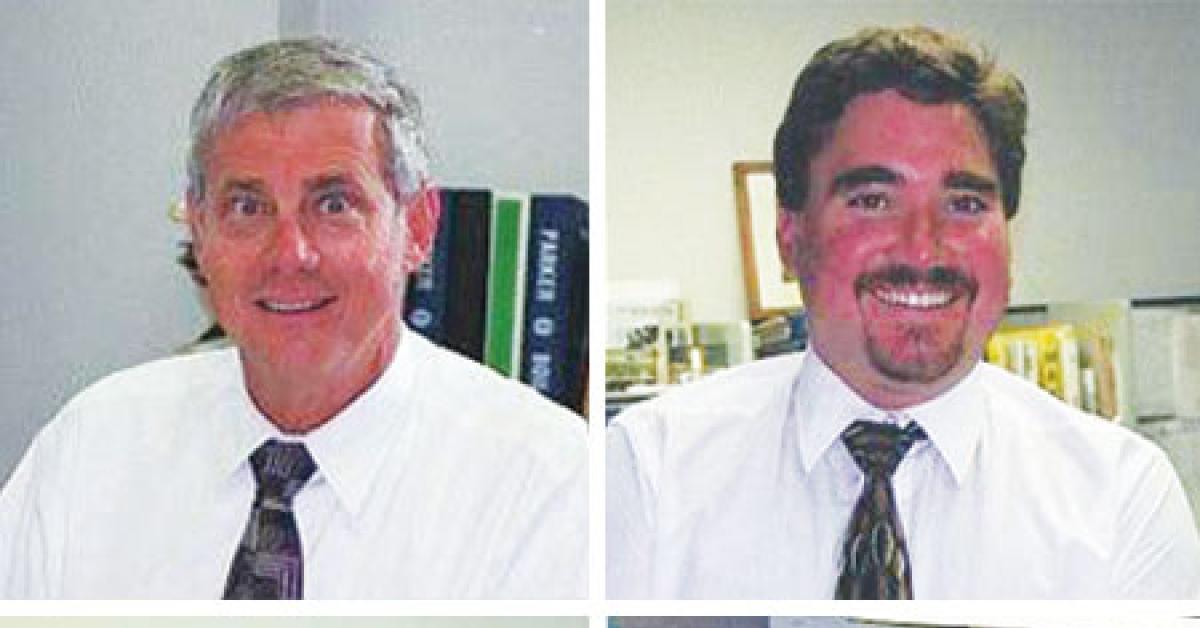LOS ANGELES — Each month, American Drycleaner is profiling a manufacturer, distributor or other business that serves the drycleaning industry. The magazine shines its spotlight this month on Parker Boiler Co., Los Angeles, a longtime maker of boilers, water heaters and other equipment. It is owned by the Danenhauer family, and Michael Leeming is the company’s national sales manager.
Q: How long has your business been serving the drycleaning industry?
Parker Boiler started in 1919 and formed its current company and incorporated in California in 1946. Our company made some of the first packaged boilers to give people a safe boiler in the 1- to 3-hp range to press hats, which were very popular in the ’20s.
Q: Tell our readers, generally, about your company’s current product and/or service offerings.
We make steam boilers, hot water boilers of all types (process to condensing), thermal fluid heaters, water heaters, water softeners, tanks, and all of the accessories that go with all of them.
Q: Where are your company’s products made, and how are they sold/distributed to end-users?
Everything is made in our 83,000-square-foot, 3.5-acre facility in Los Angeles, Calif. Primarily, our products are sold through representatives, distributors and OEMs, but we still maintain a direct sales force in Los Angeles that sells to contractors and end-users.
Q: What is the biggest news at your business right now?
Continued product development has been our key to success. We are developing a new vertical boiler due out mid-2016 to compete with the very popular vertical-type boilers in this industry. People also want to be connected to their equipment, and we are developing more and better ways to do this; for an example, check out our “Parker View Explainer Video” on YouTube.
Q: Why is your company successful?
We build a higher-end, long-lasting product, and back it up regardless of what the situation is. It’s getting harder to find good support after the sale, and that is not what we are about.
Q: What makes your business different from other businesses like it?
We are a big company with that small-company personal treatment and appeal.
Q: Which is most important to your organization—mission, core values or vision—and why?
Core values, for sure. That’s somewhat old school, passed on from generation to generation. Someone still answers the phone when you call in, and we are not going to put you on hold to take the call coming in after yours.
Q: How does your company keep up with the industry to ensure it is offering the products and/or services that potential customers want or need?
By talking directly with them, or listening. We conduct no surveys by mail or phone—too impersonal. Parker works closely with regulatory agencies on code changes locally, in the State of California, and nationally. We participate and support the laundry and drycleaning industry by being active in organizations such as the Southern California Cleaners Association (SCCA), California Cleaners Association (CCA) and the Textile Care Allied Trades Association (TCATA). This summer, I was TCATA conference chairman.
Q: What is the one thing that American Drycleaner readers would be surprised to learn about your company?
How old we are. And they may get excited about the new, vertical, small-footprint boiler you can shove in the corner of the room (see the front page of our Boiler Plate newsletter, issue No. 35, winter 2015/2016).
Q: How would you characterize the current state of the drycleaning industry?
It is consolidating, which is OK. We hope that with fewer competitors, the good dry cleaners and launderers can continue to do quality work and make a fair profit. For Parker, we are the only one with a flexible water tube you can fix forever, so it’s something different than your typical, vertical tubeless boiler, which is also a good product but can be costly and difficult or impossible to repair. People talk, and our market coverage is continuing to grow significantly. There’s still room for everyone, also, which is good.
Q: What do you think will change about the drycleaning industry in the next five years?
We will see more drop stores and central plants. We all know it is getting harder to have a plant in certain tenant retail spaces, rents are increasing, and so a smaller footprint will help. The central plants can be spacious warehouses laid out for a much more efficient operation.
Q: If there is one thing you could change about the drycleaning industry today, what would it be?
For me personally, I always miss dropping my dry cleaning off because I work many hours. All should have a route or at least a night-drop bin.
Have a question or comment? E-mail our editor Dave Davis at [email protected].

